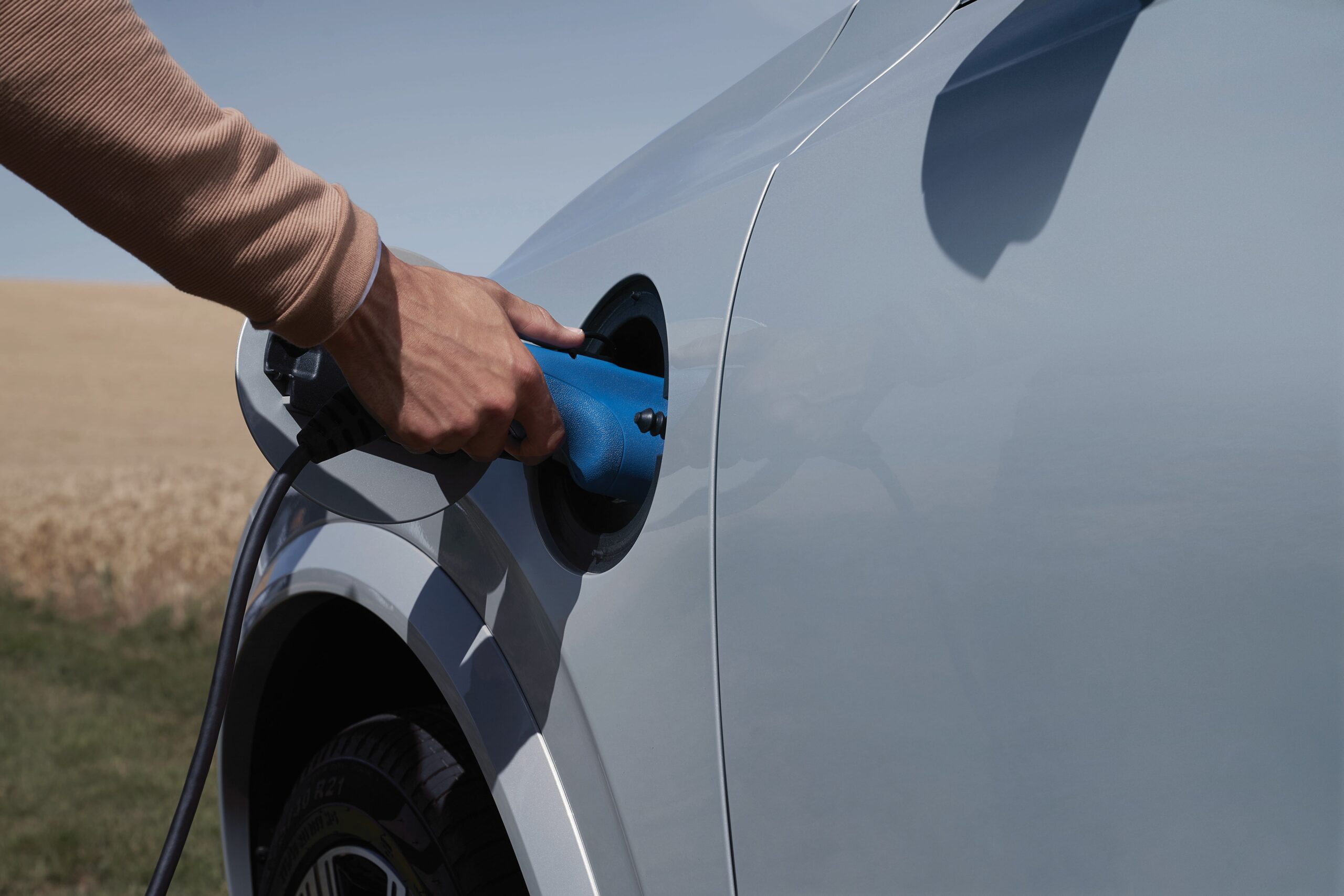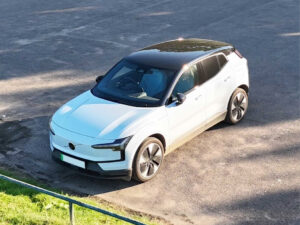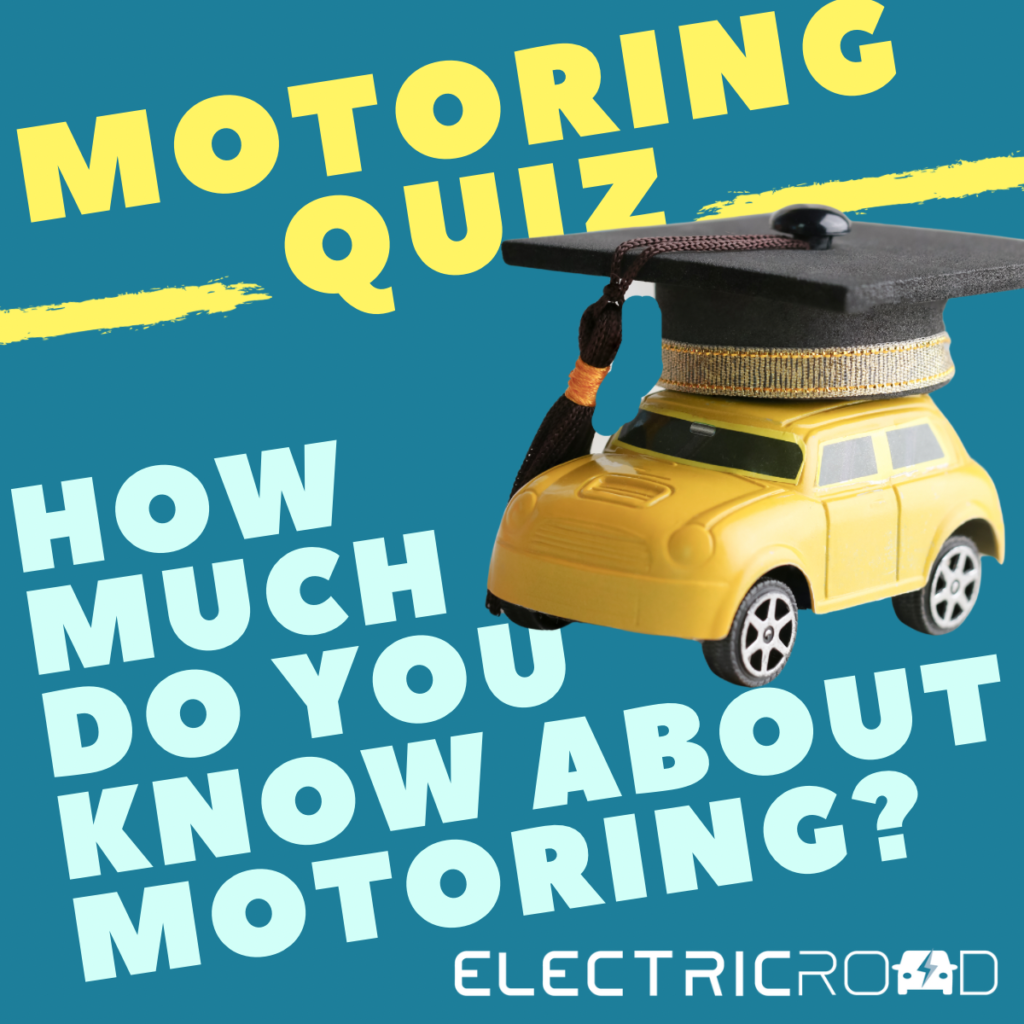Charging your electric vehicle at home makes use of the time whilst it is parked and not being used and ensures you always have a full ‘topped up’ battery when you leave home. When you switch to an electric vehicle there are several home installation charging options for you to choose from, to ensure you get the most time-efficient and convenient home charging facility that aligns with your budget.
Charging options
The most basic way to charge your BEV from home is by using the domestic power supply via a three-pin plug, delivering around 3KW and providing up to 8 miles of range per hour. A large BEV will require up to 24hr to charge through this method and most BEVs come with the required cable.
However, most BEV owners opt for installation of a home fast charging wall box, delivering around 7kw of power and giving you 15-30 miles of range per hour of charge, cutting the time of charging in half compared to using the domestic power supply, these wall boxes need to be professionally installed and cost around £500 (with the OLEV grant included).
Get our FREE ‘GUIDE TO THE BEST EVs’ e-mailed directly to your inbox
There is also the option of installing a 22kw wall charger, but this requires your property to have a 3 phase electrical power supply which is not only rare but also expensive. This charging type requires the BEV to accept Direct Current (DC) and Alternative Current (A/C).
Here is a list of charging wall box suppliers:
What home charging grants are available?
The Office for Low Emission Vehicles (OLEV) is a team working across government to support the early market for Ultra-Low Emission Vehicles (ULEV) and they have a number of schemes and grants in place to support this initiative.
One such government grant provides up to £350 off the cost of purchasing and installing a charging unit at your property and can be claimed on the majority of fully electric and plug-in hybrid vehicles. This grant is available through The Electric Vehicle Homecharge Scheme (EVHS).
To qualify for the EVHS grant:
- You must have purchased an eligible electric or plug-in vehicle from 1st October 2016 onwards.
- You must have off-street parking, such as a driveway or garage.
- Your home charger must be OZEV-approved and installed by an OZEV-approved charge point installer.
- You must provide evidence of keepership, lease, and be named as the primary user of the vehicle, or have a vehicle on order.
- The date of installation must not be more than 4 months ahead of the date of delivery or start date of vehicle use.
- OZEV application must be completed 6 weeks prior to the date of installation of the Homecharge unit.
To find out if your vehicle is eligible for the Electric Vehicle Homecharge Scheme grant of up to £350, go to the OZEV’s website for the full list.
How much does it cost to charge an electric vehicle at home?
Pod Point research shows that to fully charge an average 60KW electric car at home will cost between £8.30 and £9.40 (depending on where you live) and gives you about 200 miles of range. This is based on the average domestic electricity rate in the whole of the UK of 14p per kWh.
Most EV owners plug their vehicle in every time they return home with plenty of mileage range left in the cells and are merely ‘topping up’ their battery so the cost of charging is considerably reduced compared to a full battery charge from zero miles range.
Some charging wall box suppliers offer an energy tariff to go with the wall unit and this can be a convenient option for some but it is worth checking the details of these tariffs carefully against other providers, as the cost may not always be as competitive as it first appears, especially around the unit price between day and night on economy 7 and you can end up unnecessarily overpaying.









